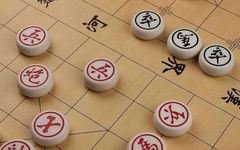| Introduction: The core theory of Traditional Chinese Medicine (TCM) revolves around the five zang (organs) and six fu (hollow organs). The five zang refer to the liver (Gan), heart (Xin), spleen (Pi), lungs (Fei), and kidneys (Shen); while the six fu include the gallbladder (Dan), small intestine (Xiao Chang), stomach (Wei), large intestine (Da Chang), bladder (Pang Guang), and san jiao (Triple Burner). Interestingly, ancient TCM practitioners assigned “official titles” to these organs, using social phenomena to metaphorically describe the human body.
1. The Liver as the “General’s Office”
The character of a general requires vigor and drive. The liver belongs to the wood element in the five elements, corresponding to spring, symbolizing a surge of yang energy breaking through the constraints of yin. This reflects the nature of the liver. The liver facilitates the smooth flow of qi, which is evident in its role in regulating emotions and promoting the digestion of the spleen and stomach.
2. The Gallbladder as the “Office of Justice”
The “Office of Justice” refers to a decision-maker or judge. When a person is indecisive, they rely on the gallbladder to make decisions. The gallbladder influences a person’s ability to make decisions; people often say someone is “bold” or “timid,” which actually refers to the function of the gallbladder. When gallbladder function is good, a person acts decisively; when it is poor, they may appear timid and indecisive.
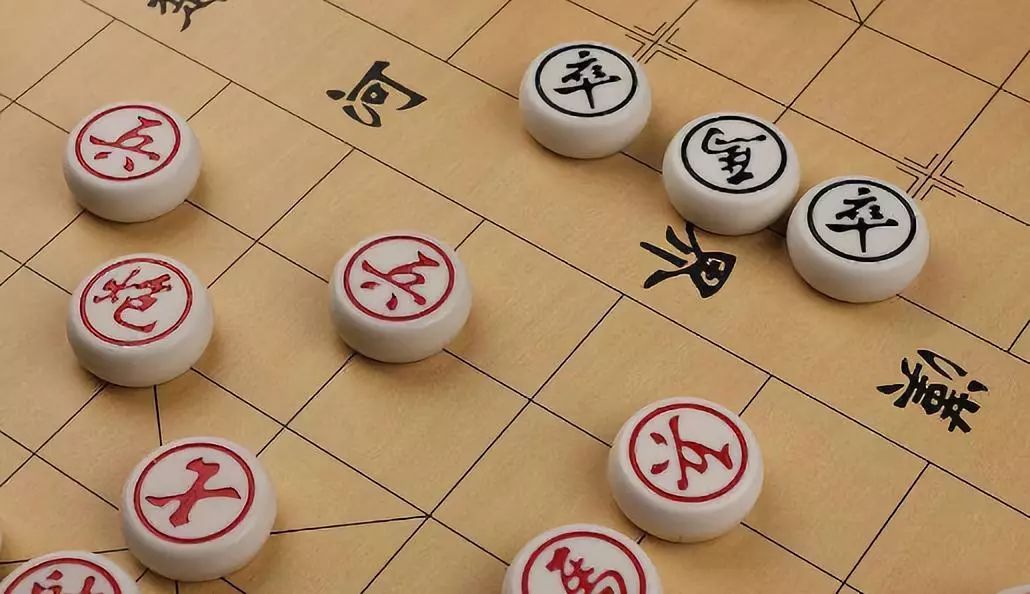
3. The Heart as the “Monarch’s Office”
The heart governs the circulation of blood in the body, and the nourishment of the limbs and organs relies on the blood pumped by the heart. Additionally, the heart oversees a person’s spirit, consciousness, and cognitive activities; its functional state determines a person’s overall mental outlook.
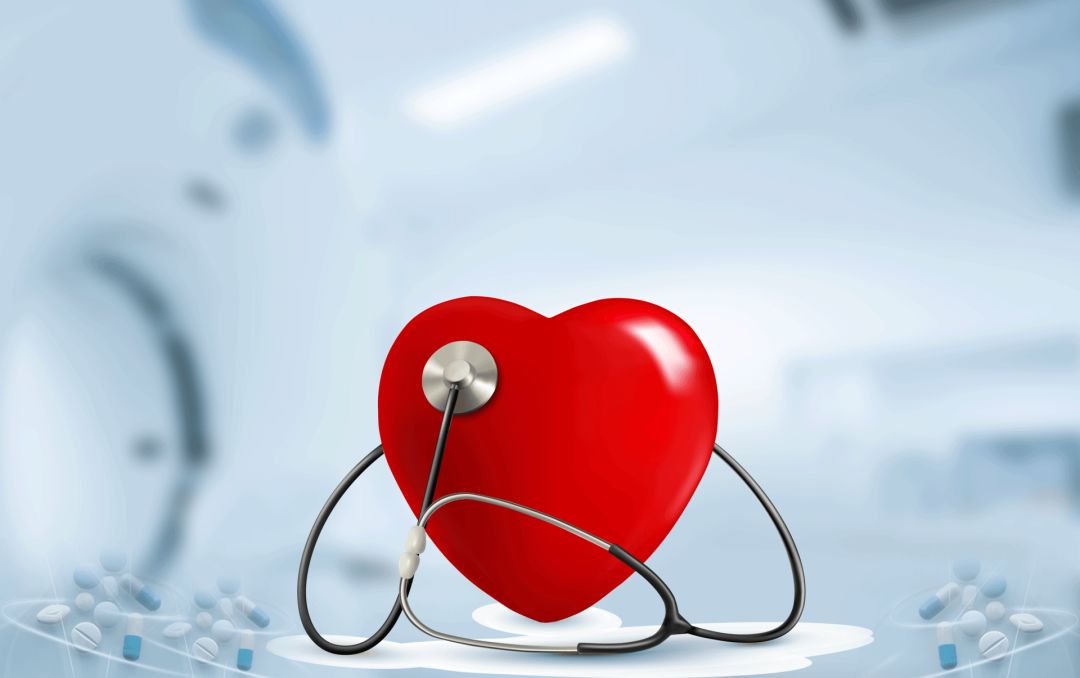
4. The Small Intestine as the “Receiving Office”
“Receiving” means to accept and contain, indicating that the small intestine is the organ that receives nutrients, helping to further digest and absorb food. If the small intestine’s fire is insufficient, a person is more prone to catching colds and experiencing diarrhea.
5. The Spleen as the “Advisory Office”
(the “Advisors” who reflect issues to the monarch)
The spleen is located centrally in the body, responsible for the transformation and transportation of qi. Wherever there is a problem in the body, the spleen conveys that information. Additionally, the spleen is characterized by its moderation and impartiality, allowing it to reflect issues fairly.
6. The Stomach as the “Granary Office”
“Granary” refers to a place for storing food, and the stomach’s role is akin to that of a granary manager. The stomach is responsible for receiving and containing food, performing initial digestion, transforming it into chyme, and passing it to the small intestine, where the refined substances are further processed by the spleen to nourish the entire body.
7. The Lungs as the “Chancellor’s Office”
(the chancellor assists the monarch)
The lungs govern respiration, characterized by a strong rhythm, distributing the energy pumped by the heart throughout the body in a measured manner. This characteristic is reminiscent of the chancellor who sets the laws, hence the lungs are referred to as the “Chancellor’s Office.”
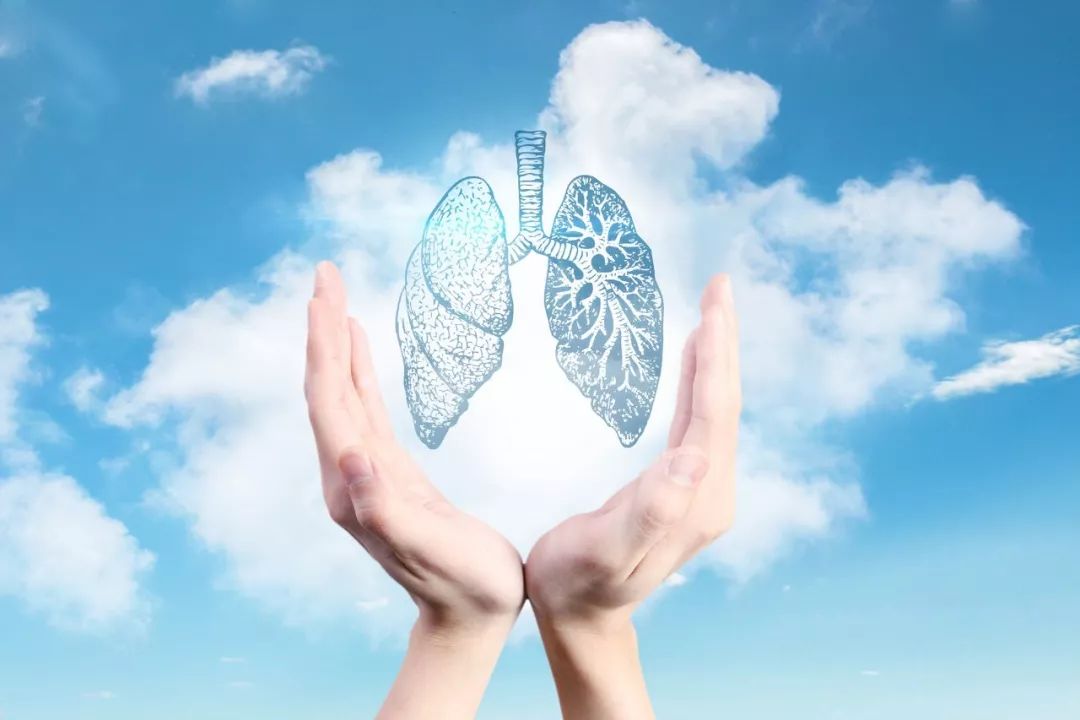
8. The Large Intestine as the “Conduction Office”
”Conduction” refers to the process of receiving and transmitting, indicating that the large intestine can accept the waste from the upper body and transform it into feces for excretion.
9. The Kidneys as the “Strength Office”
This refers to the powerful role of the essence stored in the kidneys, akin to a strongman. The kidneys may appear still on the surface, but they harbor vitality within; when kidney essence is abundant, a person has strong bones and abundant energy.
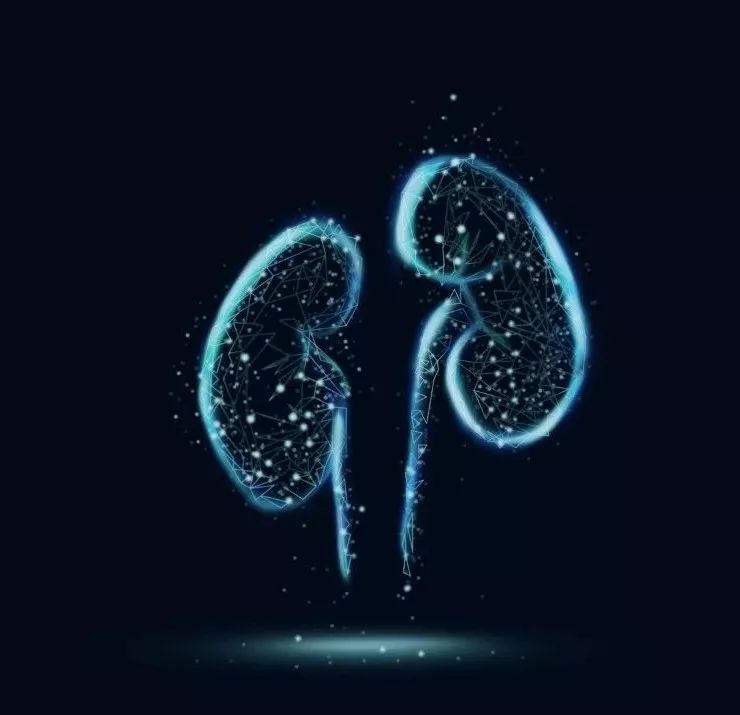
10. The Bladder as the “Municipal Office”
The “Municipal Office” is similar to a modern mayor. The bladder is where the body’s fluids converge, gradually accumulating like a large city, hence it is referred to as the “Municipal Office.”
11. The San Jiao as the “Water Regulation Office”
The san jiao is a unique organ among the six fu, roughly distributed in the head, chest, and abdominal cavity. Currently, scholars have differing opinions on certain concepts of the san jiao; some say it is “named but formless,” while others believe it corresponds to certain organs in the chest and abdomen. However, rather than focusing on the specific location of the san jiao, scholars prefer to emphasize its physiological functions, which they find more meaningful. The san jiao regulates the movement of fluids, serving as the channel for the body’s fluid intake and output, thus it is called the “Water Regulation Office,” responsible for managing water resources.
If you want to see more content, remember to add our public account as a “star”:
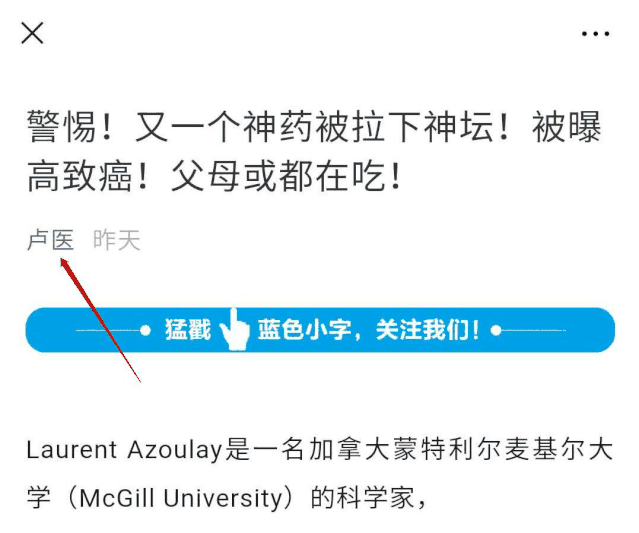


Appreciation

Recommended Reading
TCM Bookstore, click here if needed
Free Learning! Complete 79 episodes of “Chinese Herbal Medicine” video series
Save! High-definition complete video series of the four classic TCM texts on “Shang Han Lun”
The most reliable health knowledge! Quickly save Teacher Xu Wenbing’s dietary health tips!
Can’t find a good TCM practitioner? Why not learn TCM yourself! Free video series of “Shang Han Lun” 70 episodes!
Complete video teaching series of “Meridian and Acupoint Studies” with 68 episodes
Free collection! No good TCM practitioners? Everyone can learn TCM, complete video series of “Formulas”
Disclaimer This article is sourced from the internet, and the copyright belongs to the original author. Please indicate the source when reprinting. Sharing this article is for the purpose of dissemination and learning exchange, and does not hold responsibility for the views expressed in the article. If there are copyright issues, please contact for deletion. The various prescriptions and remedies mentioned in the article are for reference and learning purposes only; non-professionals should not use them blindly! The advertisements in the article are generated automatically by the system and are unrelated to this account.
For more sharing/exchange/cooperation, please contact WeChat: Dr. Lu
WeChat ID:luyi520323
Email:2870679002@qq.com
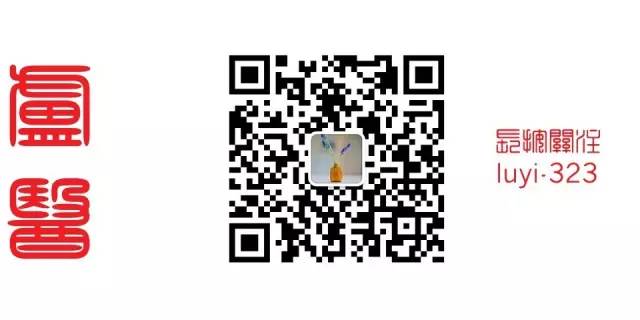
Long press the QR code to recognize and follow, daily updates
Click 【Looking】 to spread health and share knowledge~~~


